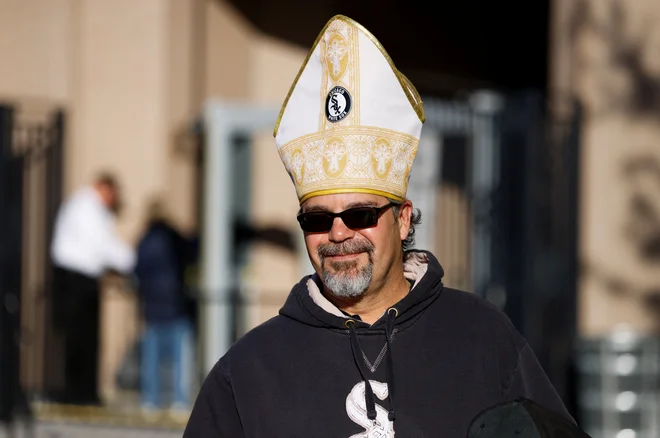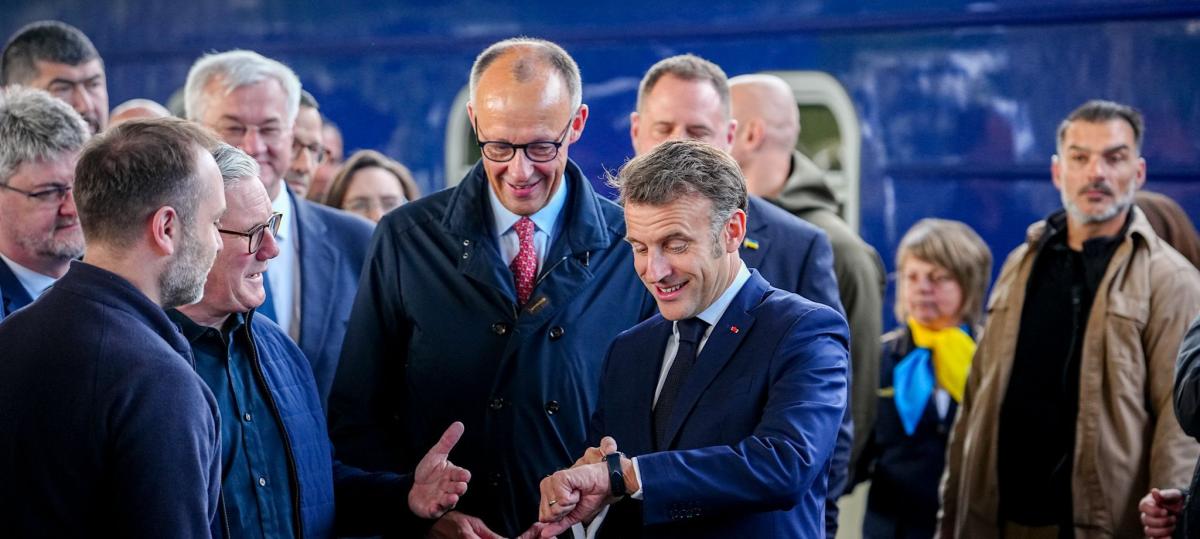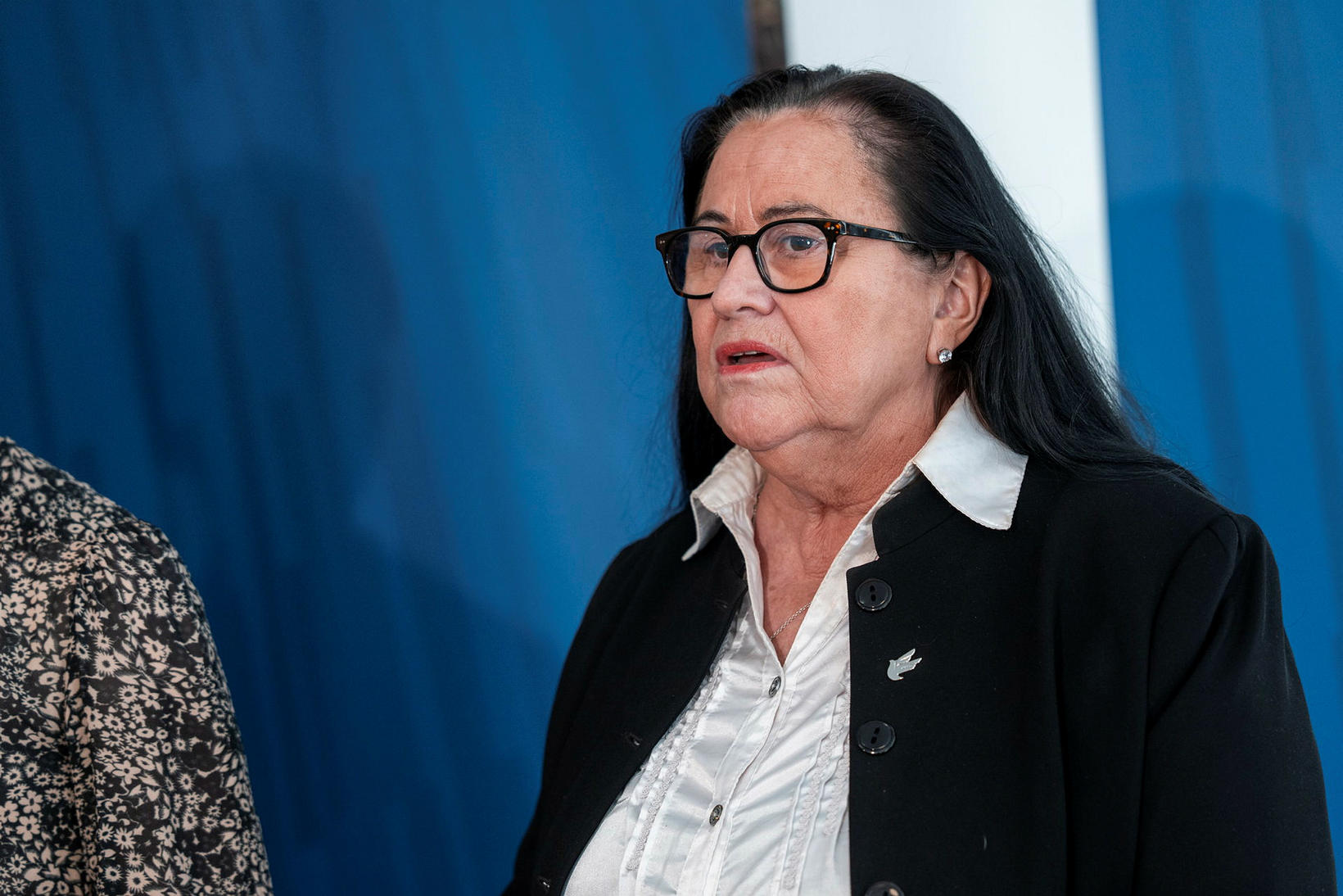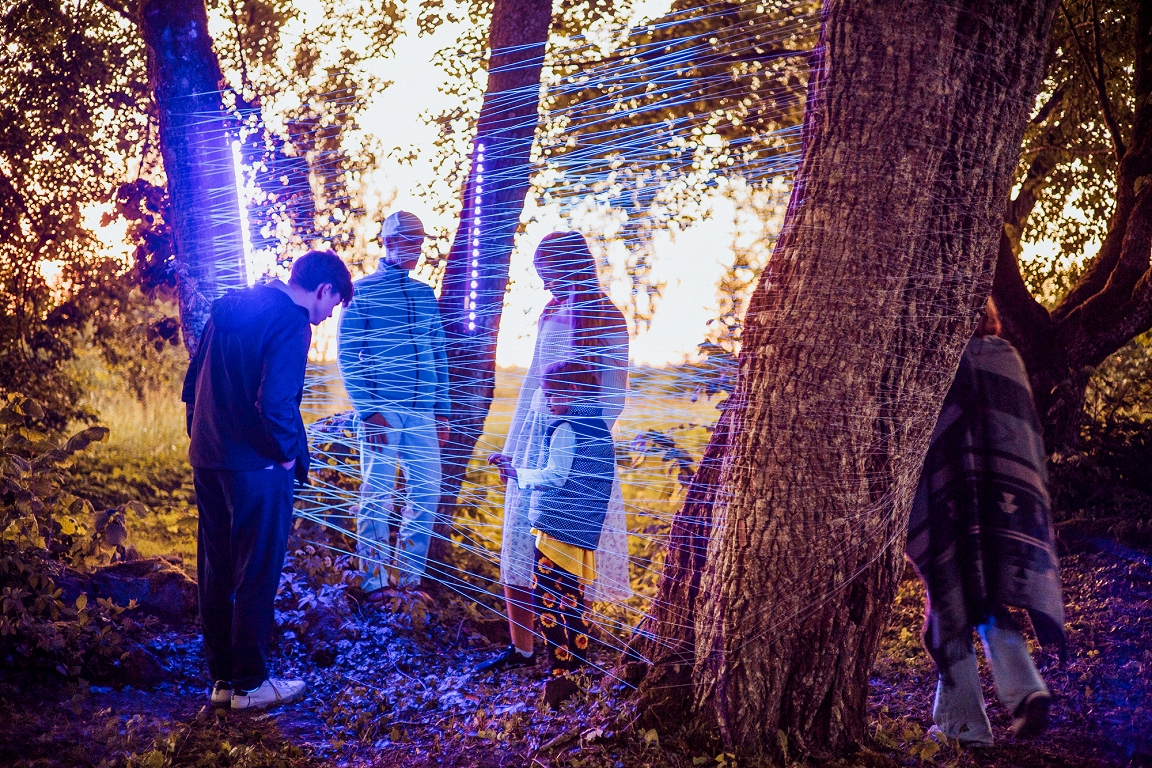The day of victory
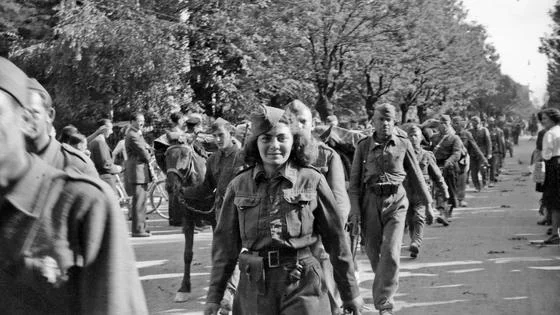
We imagine the end of the war as the time of happiness – the liberators of how they go into the liberated city, and the smiling women who throw the May flowers on them, a sailor who kisses an unknown girl in the main square. But it was not only the case, the old continent was destroyed, demolished, in some places cities and villages disappeared from the face of the earth, people lost their fathers, moms, sisters, siblings, friends, they saw horrifying things they never spoke about again.
There were still so much hatred that the air was trembling. The institutions were destroyed, nothing worked, chaos ruled, and in many places only the law of the stronger. When the Allies came to the camps, they could not believe the horrors they saw. Some camps headed to the homeland when they arrived home, many of them – especially in Eastern Europe – the villagers who occupied their assets, killed. The English historian told me about all this Keith Lowewhen we talked about his book years ago A wild continentin which he describes Europe immediately after the end of the war.
He told me how German soldiers were hiding in the forests for a long time, how hungry orphans were wandering through the landscapes, who were wild animals, how in some cities after several years of hiding from the cellar and with the loft, Jews, who had not seen the sun for a long time. It was also a time of cruel revenge, in some places the seas, ethnic cleaning began again, and the mass secret burial grounds were filling up again. There was no much relief. Happiness for victory over the fracture of fascism was mixed with fear and uncertainty.
When the reconstruction time came, politicians looked at intellectuals and humanists, and a plan for a new, better and fairer Europe began to emerge. All so that the horror of the war would not be repeated again, but also because there were so many ideas about the better world.
One of these intellectuals was a great human rights fighter Stéphane hesselwho worked at the United Nations, and together with others, he compiled a declaration of human rights. He also supported Algerian independence and Palestinians in Gaza, and was a great critic of Israel. At the nineties he wrote a small booklet entitled Raise!in which he describes, among other things, how the construction of a new Europe began after the war, how important values such as freedom, democracy and equality have become important. He wrote that there was very little money in the demolished Europe at the time, but the countries and politicians began working for the public good. They began to build a welfare state – free schools, universities, hospitals, galleries, academies. All these institutions were available to citizens and worked in their favor. It was a sense of new politics. How is it possible, Hessel was wondering that there was thousands of times more money in the modern capitalist world, and the welfare state is disappearing.
Stéphane Hessel, he died a good decade ago, I couldn’t believe what the world is changing in today. The institutions, which he also helped to establish after the war and once tried to maintain peace and human rights to the best of their ability, sank faster than a Titanic. The Israelis have long been in Gaza without any stopped, in Germany it is forbidden to talk about peace in Palestine, Putin can allow anything, Trump has shattered democracy in the United States in a few months. Politics is a forgotten notion, they only count the power, money, violence in power, encounters and the fight for natural resources. Intelligence, empathy, community, public good, equality or courage are forgotten values. And yet it may be the right time around the day of victory to remember again.


